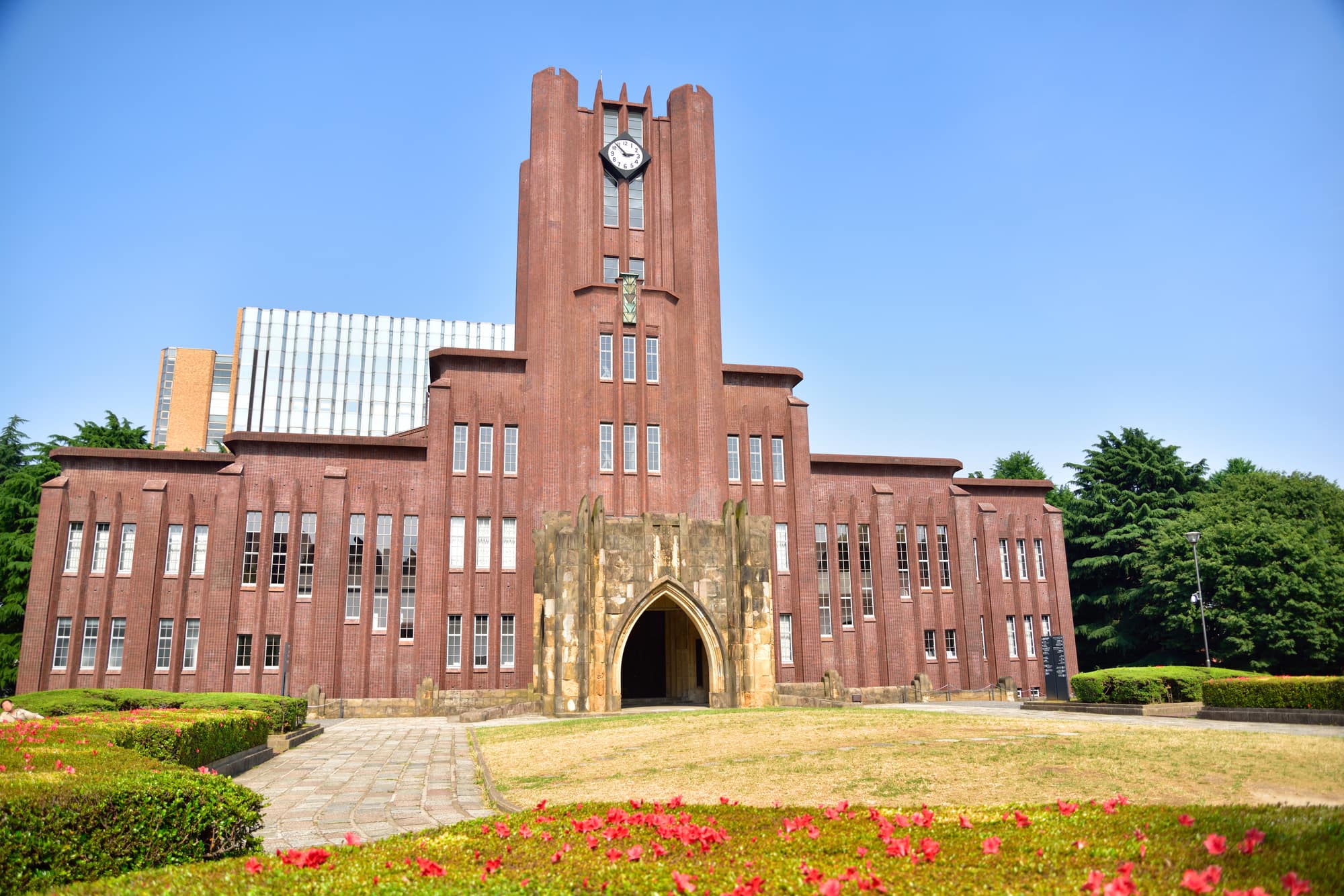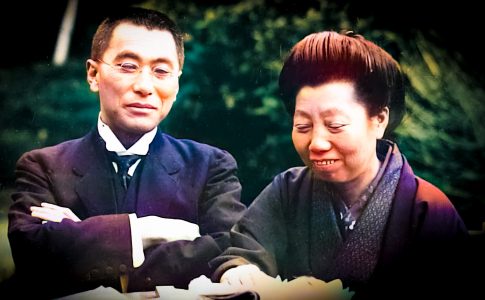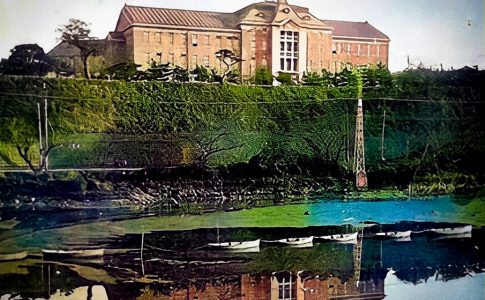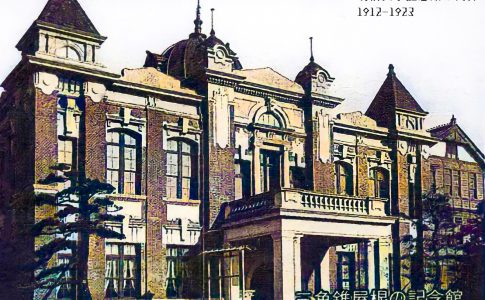At the University of Tokyo, a class III science student who missed class due to the novel coronavirus was today (August 19, 2022) sentenced to repeat the year. This is due to the “no” requirement of one credit. Surprised by the impossibility, he asked the teacher for help, but was given a penalty of “17 points,” as if to whip the dead. The students were not convinced, and as early as the 19th, they will file a petition with the Tokyo District Court to suspend the University of Tokyo’s decision to repeat the year.
The student is Soudai Sugiura, 20, a second-year student at the University of Tokyo’s College of Liberal Arts and Sciences. He holds a press conference in the Ministry of Education, Culture, Sports, Science and Technology and uses his real name to call out the injustice of repeating a grade.
Sugiura failed the basic life science experiment in April and May this year. There are six classes, and students can earn credit by submitting sketches and assignments, such as dissecting a frog, each time. Sugiura had taken the course online.
On the morning of May 17, however, she developed coronavirus at her home, where she lives alone. A high fever of over 39 degrees and difficulty in breathing prevented him from attending lectures scheduled for that day and the following week on the 24th. In the event of sickness absence, there was a rule to report the absence through the campus system by 11:00 on the day of the accident, but the symptoms were too serious to go through the procedure.
When he recovered enough to be contacted on the 25th, he explained the situation to Assistant Professor Kondo Ko, the teacher in charge, via email. Assistant Professor Kondo accepted the supplementary lecture on the 24th, but not on the 17th, saying, “We can not deal with it in terms of the number of days elapsed.”
The make-up course consisted of watching a video and submitting sketches and assignments, and the 24th class was given on the 27th. For Sugiura, an online student, it’s no different than usual. Sugiura continued to take care of himself at home with sequelae such as a cough and headache, but learned of the experiment’s “failure” when the results were announced on June 17.
Later that day, in a panic, Sugiura tried to get medical certificates from the clinic where he was first diagnosed and the clinic where he was being treated for the aftereffects, and submit them to Assistant Professor Kondo. However, Assistant Professor Kondo sent back an email saying, “It no longer has any special meaning, so no submission is required.”
Many Tokyo University students decide which department they will go to in their third year based on their performance up to the first semester of their second year. Sugiura had planned to start medical school in the fall, but the required course will only be offered in the spring semester, and if the subject is rejected, a repeat year will be confirmed.
However, when he asks Assistant Professor Kondo for an explanation of his unfavorable treatment, no island dares him to say, “Due to a notice from the registrar’s office, direct communication between faculty and students is prohibited.”. So on June 19, he went through the “grade check” process in the University of Tokyo’s system, and at the same time sent a letter asking questions of Satoshi Moriyama, dean of the College of Liberal Arts and Sciences, and others.
The results were confirmed on the system four days later, on the 23rd. They said things like, “We have reviewed the contents of the submitted report and evaluated your performance, taking into full consideration the circumstances in which you contracted the coronavirus.”. It appears to be a zero response, but the “Yes” entry in the “Whether or not to correct grades” section. The description reads: “Even if there is a grade correction, if the score was changed within an impossible range, the grade evaluation will not change, only the average score will be changed.”
Suspicious, Sugiura checked his grades and found that his average scores in all subjects had dropped from when his grades were announced. Calculating backward from that, the evaluation of basic life science experiments is reduced by 17 out of a possible 100. Since this experiment is a subject where a student can score “yes” if he or she scores 50 points, the score was originally under 49, but has been lowered further to under 32.
Substantial penalty points added to the “no.”. Not knowing why at all, Sugiura was shocked and waited for a response from Dean Moriyama.
The reply arrived on June 29. The opening line read: “The faculty member in charge of the subject asked us about the situation, and we conducted an investigation and review within the department, but we concluded that we would not take any particular action regarding this matter.”
“It is understood that Mr. Sugiura viewed and confirmed the contents of the practical training assignment on ITC-LMS (the University of Tokyo’s learning management system) on the evening of May 17.” the caption said, pointing out that Sugiura had not gone through the necessary procedures to be absent.
Mr. Sugiura wants credit. The failure to go through the procedure while getting to the system can be seen as evidence of a serious medical condition.
However, the letter stated that even if he received a supplementary lesson for the 17th, he would not be able to receive it, saying, “Even without factoring in the absence of 17 days (even if it was attendance and a perfect score was given for the submission), it has been confirmed that the grade for the entire class is a poor grade.”
If that is the case, why should we bring up the procedures of the learning management system to inform them that supplementary classes are not allowed?
The letter was sent before I confirmed the 17 point deduction, but there was no explanation for it. A perfect score of 100 is given in 6 classes, so 1 “perfect score” is about 17. It can be seen that after Sugiura’s appeal, the score dropped to “not even a perfect assignment for attendance”. Any explanation not mentioning this would be disingenuous.
After much deliberation, Sugiura sent an email to Assistant Professor Kondo on July 18 asking him to explain the grade revision, but the next day he received a reply saying, “If you have any questions, please contact the registrar’s office.”. Therefore, when I inquired the head of the registrar’s office, he responded on the 27th of the same month. It simply answered, “We are making sure this is a proper correction,” after a thorough review of the assessment as a liberal arts department, and there was no specific explanation as to why the 17 points were deducted.
The final word on Sugiura’s availability for classes at the medical school will come on August 19. As the day wore on, Sugiura thought, “I can’t accept repeating a year without a full explanation,” so he and some friends boarded the press club in the Ministry of Education, Culture, Sports, Science and Technology for a press conference on August 4.
After listening to the press conference, a reporter inquired with the University of Tokyo, where the College of Liberal Arts and Sciences finally explained Sugiura’s demerit point by saying, “I deducted points because I mistook it for another student’s assessment of an assignment, etc., and added points to another student”. The next day, the group posted on its website a letter of protest against the Tokyo Shimbun, which had reported that the university had been infected and that it was facing a “crisis of students returning to the University of Tokyo with no credits.”. There is a logic to it that makes no trace of consideration for students infected with the coronavirus.
From the beginning, it says, “The response to the novel coronavirus in our department in general and the fact that certain students are forced to repeat a year because they fail to complete certain course credits are completely unrelated events” and asserts that this issue is the latter.
“In the relevant course, the procedures for absences due to unavoidable reasons such as poor physical condition, whether or not you have the coronavirus disease, are specified in the booklet that all students must check, “Experimental Supplement”.” he said, adding, “Whether it was a corona absence or not, the problem is that you did not follow the prescribed procedure for absences.” He insisted that the problem was students who had neglected to follow the procedures.
He went on to write that since the class was run under a “collective leadership system of 16 teachers,” there was “no room for the arbitrariness of any particular individual teacher.”. For some reason, Assistant Professor Kondo, whose name and email were on the lesson plan, and who had interacted with Sugiura, was out in the open. It is said that a “team of 16 teachers” conducts grading and other such activities, but is it possible to call a class education when it is difficult to know who the instructor is who will be asked to explain their performance? Rather, it can be described as a collective irresponsible system of 16 people. At this rate, even if the public were to accept that Sugiura’s credibility was high, as he boldly put his name and face forward.
Sugiura protested against the publication of a text that did not consider the honor of her university’s students. Then, on August 18, the University of Tokyo College of Liberal Arts and Sciences deleted the protest note, saying, “The original purpose of explaining the university’s position has been achieved for now.”. Sugiura is expected to file a suit with the Tokyo District Court as early as the 19th to seek compensation for defamation.
On August 8, it reported the discovery of a mix-up in the results of the first semester liberal arts program, and that it also conducted an investigation into the possibility that similar mistakes were occurring in the results of other students. The next day, on the 9th, the newspaper published an article titled “‘Mistake at the Reporting Stage from Grader’: Detailed Response to Mistake,” and also released the interview with the university, question by question.
A series of articles dominates the “Top 5 Access Ranking” on The University of Tokyo Newspaper Online. That should have been the case, and the University of Tokyo has a “school choice system,” in which students’ grades up to the first semester of the second year determine where they will go for the next three years. Many students’ lives are determined by their liberal arts academic grades. When you hear that a grade mix-up was discovered there, resulting in a 17 point deduction, it’s no different.
Among them, Sugiura was sentenced to repeat the year. They still don’t even know what grade they got in basic life science experiments, and Assistant Professor Kondo, whose name was on the lesson plan, doesn’t explain the specific learning tasks. Dissatisfied with the situation, the university has decided to file an application with the Tokyo District Court today (19th) to suspend the University of Tokyo’s punishment for repeating a year, as well as to file a lawsuit seeking damages for the delay in entering society for one year after repeating a year.
BASED ON THE ARTICLE OF FACTA ONLINE
https://facta.co.jp/article/202209043.html












Leave a Reply